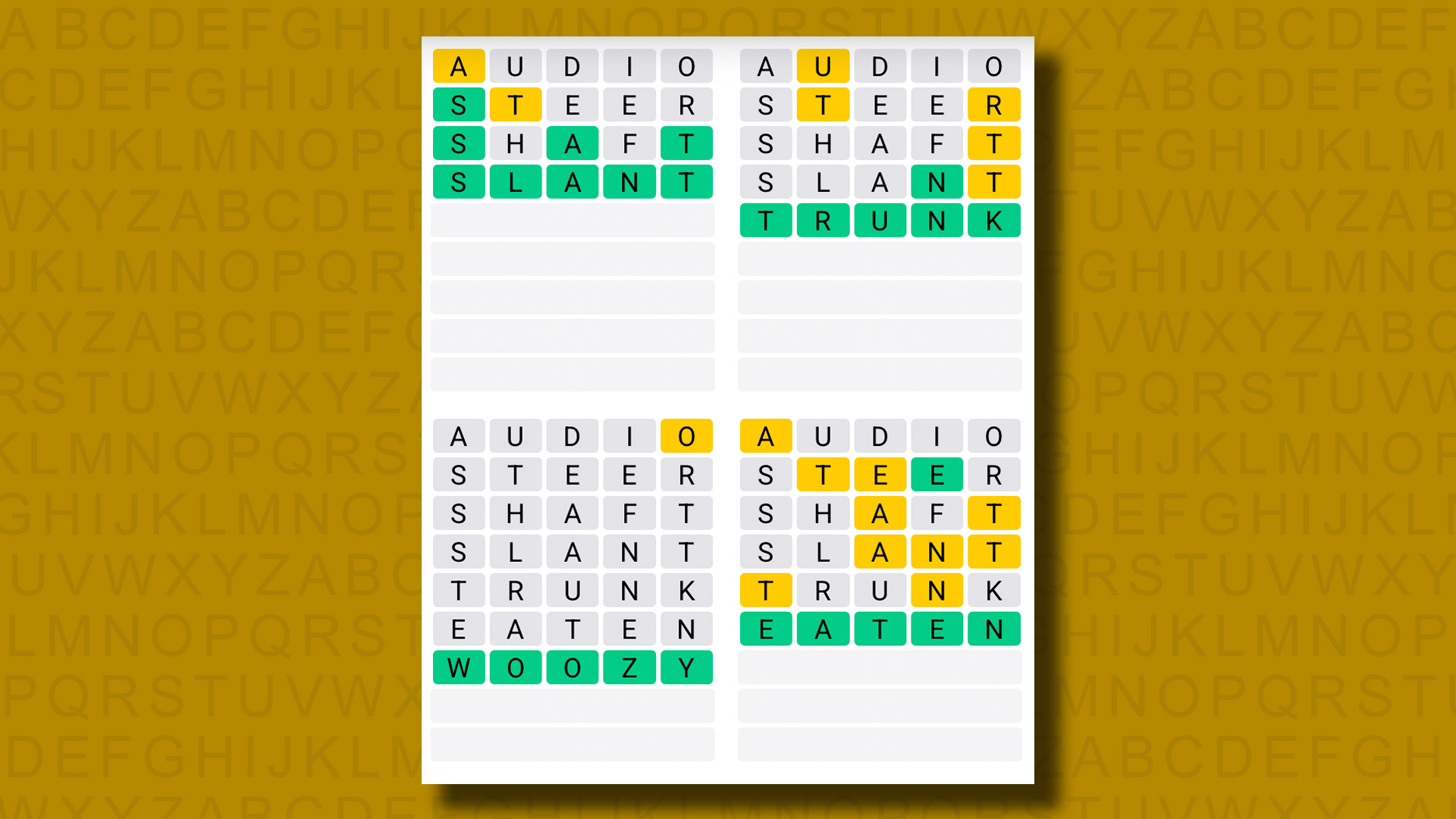Mufasa Would’ve Been A Banger Dtv Prequel, But On The Big Screen, It’s A Dud

Like many other hardcore Disney fans, when I heard Disney was making a Mufasa-centered prequel to the 2019 photorealistic CG remake of The Lion King, I immediately thought: But what about the existing prequel, 1998’s The Lion King II: Simba’s Pride?
From the mid-1990s to the early 2000s, Disney churned out cheap direct-to-video sequels, prequels, and midquels to its beloved animated features. Some of them are good. Most of them aren’t. To a certain sector of now-adults who were just the right age back then, though, they were all fantastic.
Mufasa, the 2024 movie about Simba’s majestic father, seems like it could exist right alongside Simba’s Pride, The Lion King 1 ½, and the animated TV show The Lion Guard. Except instead of being cheaply thrown together for young audiences, it was directed by Academy Award winner Barry Jenkins (Moonlight, The Underground Railroad), with a script from Catch Me If You Can screenwriter Jeff Nathanson, and music from Lin-Manuel Miranda. The jump in production quality from 1998’s Simba’s Pride to 2024’s Mufasa is huge. And yet…
Jenkins and Nathanson drill into the most intriguing part of Mufasa’s origin story — his relationship with his “brother” Scar, originally named Taka. But handcuffed by the photorealistic animation, which emphasizes high-res fidelity over expressionism, and the ties to The Lion King, which constantly remind viewers of the original masterpiece, Mufasa can never quite escape the Shadowlands.
[Ed. note: This review contains setup spoilers for Mufasa: The Lion King.]

Like Mamma Mia! Here We Go Again and The Godfather Part II before it, Mufasa is a little bit of a sequel and a little bit of a prequel. The framing device involves wise mandrill Rafiki (Black Panther and The Ghost and the Darkness’ John Kani) telling Simba and Nala’s daughter, Kiara (voiced by Blue Ivy Carter), the story of her grandfather. And also in true Lion King 1 ½ style, Pumbaa (Seth Rogen) and Timon (Billy Eichner) periodically interject with bathroom humor. It’s less funny in 2024 than it was in the direct-to-video movie I watched at age 10.
Mufasa’s story begins when the titular lion (voiced by Braelyn Rankins as a cub, and Rebel Ridge star Aaron Pierre as an adult) is separated from his family in a flood. After floating down a river like baby Moses in the Bible, Mufasa meets a young lion prince named Taka (Theo Somolu, then Kelvin Harrison Jr.), who excitedly invites Mufasa to come live with his pride.
Taka’s father, Obasi (Lennie James), the ruler of the pride, is actively hostile to Mufasa throughout the cubs’ childhood and adolescence, so Mufasa trains with the female lions instead of loafing in the shade all day with the rest of the males. (Therefore he learns to hunt like the females — hey, there’s the in-universe reason why the Lion King pride behaves differently from real-world lions!)
When the pride is threatened by a rival pride of ruthless white lions — a danger augmented when Taka hesitates to protect his mother from the rival scouts — Obasi sends Taka away for safety, entrusting Mufasa as his protector. The two journey across the savanna looking for a safe home, meeting skilled lioness hunter Sarabi (Tiffany Boone), her hornbill scout Zazu (Preston Nyman), and young Rafiki (Kagiso Lediga). However, Kiros (Mads Mikkelsen), the leader of the white lions, is determined to stalk them, demanding vengeance for his fallen son.

Story-wise, Mufasa is a typical Disney Renaissance hero’s journey, where good guys face off against bad guys who are just bad for no deeper reason. But the surprisingly compelling dynamic between Mufasa and Taka gives that straightforward storyline more weight. The relationship between the lonely, cowardly prince and the stalwart, loyal ward is inherently compelling. And the midpoint of the movie is particularly engaging: Traveling on their own makes them both acutely aware of each other’s faults, but they’re also still deeply protective of each other.
When Sarabi enters the mix, the dynamics shift, but in a way that’s more refined than just the old “two dudes interested in the same girl” trope. But that delicious nuance is lost in the third act, when Taka suddenly shifts into full villain mode. His face-heel turn is fast-tracked, since we know how this story has to end for him to become the villain he is in The Lion King. But the hasty turn undermines the most complex and satisfying thread of the movie in a superficial, cheap way.
It doesn’t help that the animation style saps all the emotional depth of these characters. There is just no way for the face of a photorealistic lion — “live action,” in Disney’s controversial parlance — to convey the pain of a brother’s deep betrayal, or express a moving grief over a lost family. The Mufasa model just kinda stares at the camera with its mouth slightly open, eyes maybe a bit wider than the default resting lion face.
Sometimes, animated characters are deliberately limited in their expressions, to contrast with poignant voice work and with the more expressive characters on screen — consider how this dynamic gives the title characters in The Iron Giant or The Wild Robot more emotional heft through their limited visual affect. But when every single character just looks like a real animal, with a limited emotional range compared to human characters or stylized animation, the voice actors are working against the animation, and any gravitas is flattened.

Music should be a plausible way to bridge that emotional gap. Unfortunately, the songs just never reach the emotional highs of the original soundtrack. (Which is pretty in line with the DTV sequel feel of it all.) None of the songs here are overtly terrible, but they all blur into an indistinguishable “Lin-Manuel Miranda Presents: The Lion King!” concept album, with all Miranda’s stylistic hallmarks. He sure has a signature style, but it’s hard to reconcile that style into a movie that already has its own iconic soundtrack. The new songs feel forced and out of place.
Being beholden to The Lion King ultimately drags Mufasa down and prevents it from being a solid movie in its own right. That’s a problem many prequels have, but here, the problem goes beyond the premeditated ending. The original aspects of Mufasa’s plot are intriguing, but I couldn’t help but imagine how this movie might look if it were animated like the original 1994 Disney movie. Taka and Mufasa would be so expressive in their climactic encounter. The musical sequences would be gorgeous, like the duet between Mufasa and Sarabi, where they stare at each other through an ice wall. Timon and Pumbaa’s physical gags would land all the better if these characters actually had any physicality.
But even without that animation comparison in mind, Jenkins and his team still feel obligated to reference The Lion King constantly. Some of the narrative paths are unavoidable, like Scar’s villain turn. But do we really need to know the origin story of Rafiki’s staff? That plot a nod would have made me laugh if I’d watched this movie on VHS in the late 1990s. But in a multimillion-dollar epic on an IMAX screen, the uninspired obsession with setting up a better movie just robs Mufasa of any chance of standing on its own.
There is a glimmer of something wonderful in Mufasa. Jenkins and Nathanson put a twist on Mufasa and Taka’s relationship that could’ve given a beautifully tragic edge to the confrontation we know is coming in The Lion King. But while their ill-fated brotherhood could’ve added even more heartbreak to the original movie, it was also the thread that was doomed to never be explored thoroughly in this prequel. There’s just too much working against it, from the flat animation and subpar songs to the preordained fate that awaits both characters. Sanding the nuance off that relationship might’ve worked for a DTV prequel, but on a big screen, it feels jarringly abrupt.
Mufasa: The Lion King hits theaters on Dec. 20.


